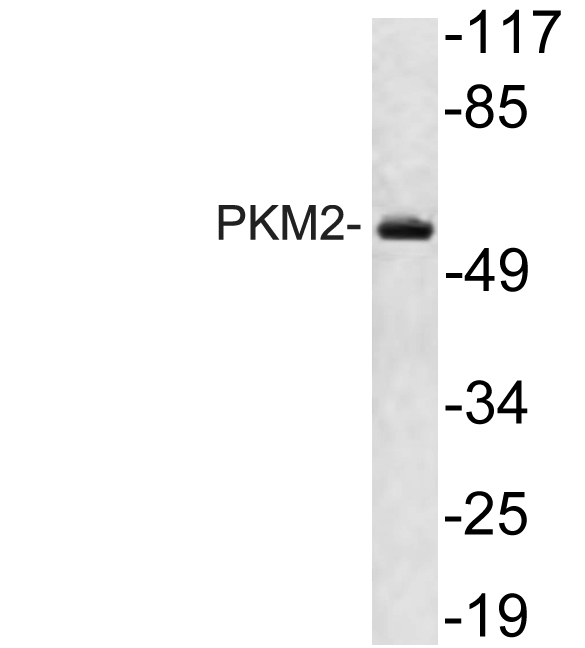PKM antibody [GT1810]
GTX634796
ApplicationsImmunoFluorescence, Western Blot, ImmunoCytoChemistry, ImmunoHistoChemistry, ImmunoHistoChemistry Paraffin
Product group Antibodies
ReactivityHuman, Mouse, Rat
TargetPKM
Overview
- SupplierGeneTex
- Product NamePKM antibody [GT1810]
- Delivery Days Customer9
- Application Supplier NoteWB: 1:1000-1:10000. ICC/IF: 1:100-1:1000. *Optimal dilutions/concentrations should be determined by the researcher.Not tested in other applications.
- ApplicationsImmunoFluorescence, Western Blot, ImmunoCytoChemistry, ImmunoHistoChemistry, ImmunoHistoChemistry Paraffin
- CertificationResearch Use Only
- ClonalityMonoclonal
- Clone IDGT1810
- Concentration1.43 mg/ml
- ConjugateUnconjugated
- Gene ID5315
- Target namePKM
- Target descriptionpyruvate kinase M1/2
- Target synonymsCTHBP, HEL-S-30, OIP3, PK3, PKM2, TCB, THBP1, p58, pyruvate kinase PKM, OPA-interacting protein 3, PK, muscle type, cytosolic thyroid hormone-binding protein, epididymis secretory protein Li 30, pyruvate kinase 2/3, pyruvate kinase isozymes M1/M2, pyruvate kinase muscle isozyme, pyruvate kinase, muscle, threonine-protein kinase PKM2, thyroid hormone-binding protein 1, thyroid hormone-binding protein, cytosolic, tumor M2-PK, tyrosine-protein kinase PKM2
- HostMouse
- IsotypeIgG1
- Protein IDP14618
- Protein NamePyruvate kinase PKM
- Scientific DescriptionThis gene encodes a protein involved in glycolysis. The encoded protein is a pyruvate kinase that catalyzes the transfer of a phosphoryl group from phosphoenolpyruvate to ADP, generating ATP and pyruvate. This protein has been shown to interact with thyroid hormone and may mediate cellular metabolic effects induced by thyroid hormones. This protein has been found to bind Opa protein, a bacterial outer membrane protein involved in gonococcal adherence to and invasion of human cells, suggesting a role of this protein in bacterial pathogenesis. Several alternatively spliced transcript variants encoding a few distinct isoforms have been reported. [provided by RefSeq, May 2011]
- ReactivityHuman, Mouse, Rat
- Storage Instruction-20°C or -80°C,2°C to 8°C
- UNSPSC12352203



